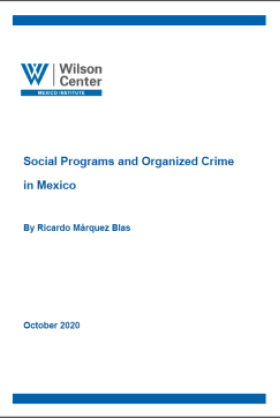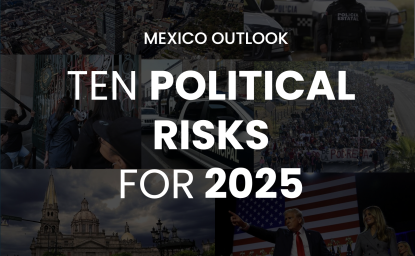Social Programs and Organized Crime in Mexico


Mexico’s national public safety strategy represents a very important convergence between two public policies that are fundamental for any government: social and security. The generation of positive synergies between them assumes the effective and proper individual functioning of each one and the adequate coordination of mutual backup, which does not appear to be the case in Mexico. Social programs are indispensable for mitigating the scarcity faced by a significant part of the country’s population. However, it is very likely that the deficiencies in the design and operation of one of the iconic social programs of the current federal administration—the Programa de Beca Universal para Estudiantes de Educación Media Superior (Universal Scholarship Program for High School Students)—are causing public funds to end up in the hands of drug-dealing organized crime. If these deficiencies remain unaddressed in that and other social programs, conditions and situations that obviously obstruct the main objectives of this security strategy will prevail.
Author

Mexico Institute
The Mexico Institute seeks to improve understanding, communication, and cooperation between Mexico and the United States by promoting original research, encouraging public discussion, and proposing policy options for enhancing the bilateral relationship. A binational Advisory Board, chaired by Luis Téllez and Earl Anthony Wayne, oversees the work of the Mexico Institute. Read more

Explore More
Browse Insights & Analysis
Imamoglu’s Arrest Sparks Nationwide Unrest and Raises Fears for Turkish Democracy


